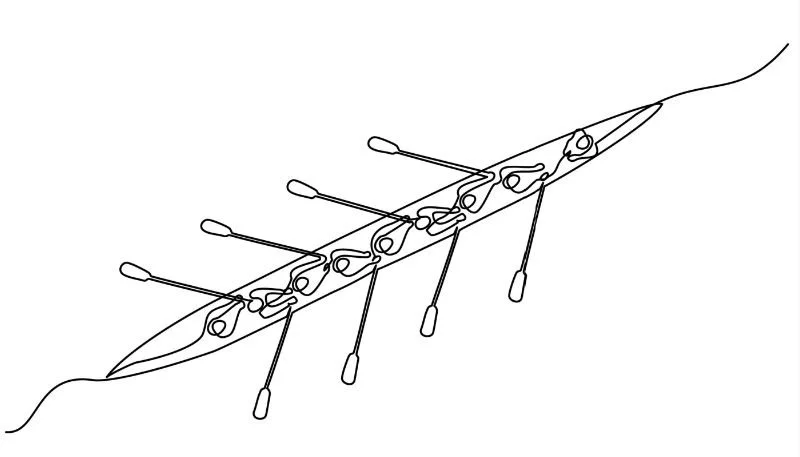A Good, Hard Listen.
This article is part of Finding the Words, a newsletter that delivers practical insights on the day’s issues.
Sitting at my desk yesterday afternoon while preparing for a meeting, I was overwhelmed by noise—the phone breaking news, emails demanding attention, texts and team messages buzzing away. Even the thoughts in my mind seemed louder than usual.
The volume of one-way communication is ramping up everywhere we turn—our feeds, inboxes, meetings, and media. All that noise leads to an increased feeling of distraction but rarely an increased sense of connection or understanding.
All that noise affects our ability to listen to one another, too.
According to June 2025 More in Common research, about 8 in 10 Americans think they are good listeners, but nearly a quarter (23%) of Americans avoid listening to people whose views they don't like.
While we say we like to listen, our actions often involve sorting through the noise for what we want to hear rather than inviting curiosity.
Who has time for curiosity when we can hardly hear ourselves think?
So this week, I went back to a conversation with science writer Lisa Cron on the Mission Forward podcast, about the equal importance of listening and being listened to—and why we need leaders who can do both well.
As Lisa and I discussed, transparency, curiosity, and a willingness to listen carefully through the noise are the elements that build relationships and, as a result, trust. Simply put, nobody will work to listen through the noise until they feel heard, and we can't fix what we refuse to hear.
For 20 years, I have been observing the traits of trusted messengers, and here are the four traits they have in common—all of which link back to listening well:
Good leaders, like good listeners, are honest. They are real and truthful, even when there are hard messages to deliver and hard messages to hear.
Good leaders, like good listeners, are authentic. They're not trying to be someone else. They are present and willing to be in the tough stuff with their teams.
Good leaders, like good listeners, have integrity. You believe what they say, and they are consistently true to their word.
Good leaders, like good listeners, display love. They show genuine care for all audiences they come into contact with—those who agree with their ideas, and those who oppose them, too.
Listening is not the absence of action—it's the presence of care. It's what signals to another person: You matter enough for me to actively quiet the noise so I can better understand.
Yes, these are hard times for listening, with noise coming at us from all directions. But every community conflict, political standoff, and workplace breakdown can be traced, at least partly, to people feeling unseen or unheard. Reducing that feeling requires leaders to listen the hardest: honestly, authentically, with love and integrity.
So, what if we made listening, not talking, our greatest act of leadership? When we choose to listen, we will also choose to quiet the noise. And that one simple act can begin to bridge divides, repair harm, and re-humanize the spaces we share.
Bottom line: Listening isn't a soft skill. It's a trust skill. And in a noisy world, a good hard listen might be our most radical form of hope.
This post is part of the Finding The Words column, a series published every Wednesday that delivers a dose of communication insights direct to your inbox. If you like what you read, we hope you’ll subscribe to ensure you receive this each week.







